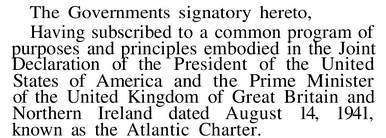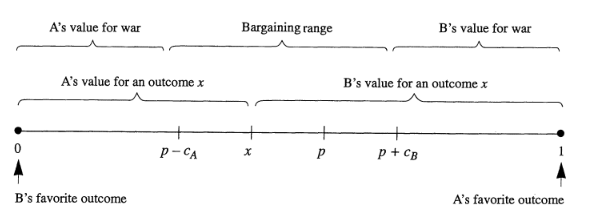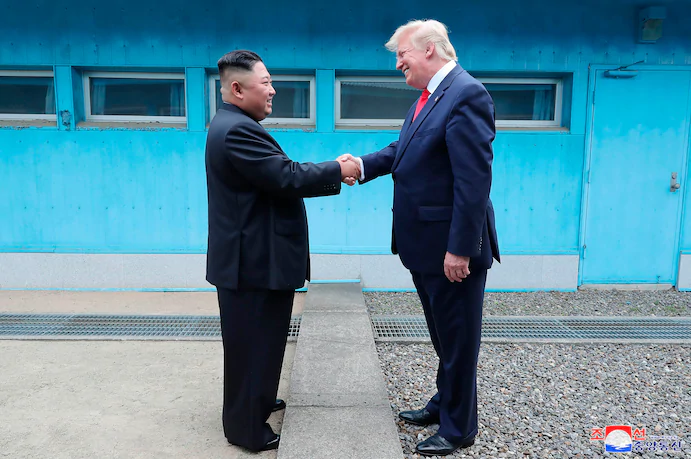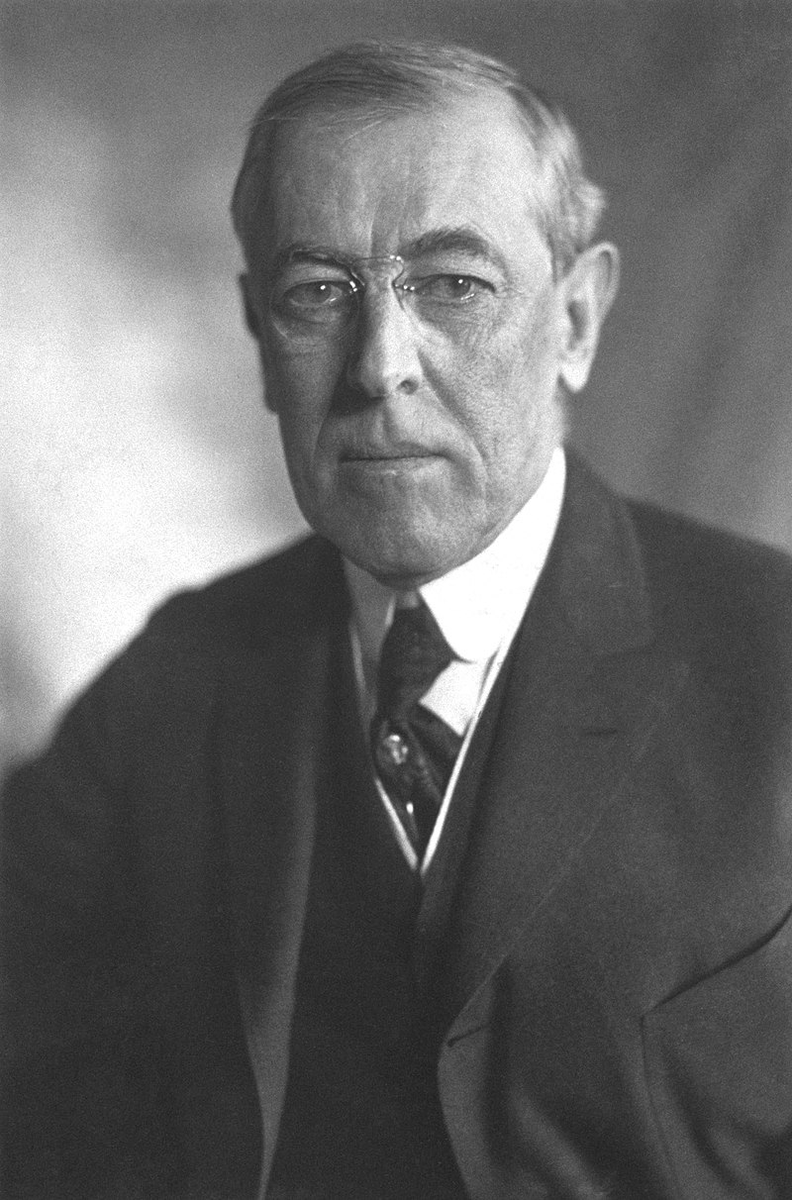
Happy (belated) 75th Birthday @UN (#UN75)!
Actually, a correction: the United Nations is 78 years old...and it's birthday was not this past Saturday (Oct 24)
[THREAD]
Actually, a correction: the United Nations is 78 years old...and it's birthday was not this past Saturday (Oct 24)
[THREAD]
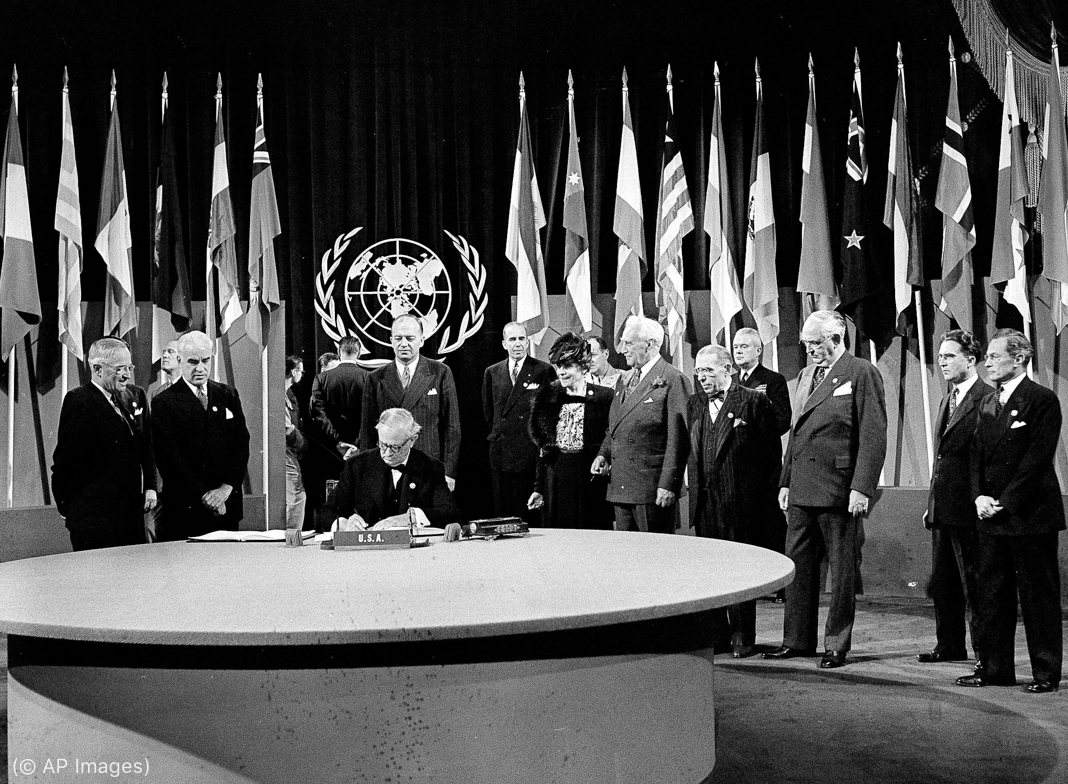
To be clear: the "United Nations" as a global "international organization" was formed 75 years ago this past Saturday (Oct 24).
But the "United Nations" itself is a bit older.
But the "United Nations" itself is a bit older.
The "United Nations" itself was formed on January 1, 1942 as a military alliance against Nazi Germany 
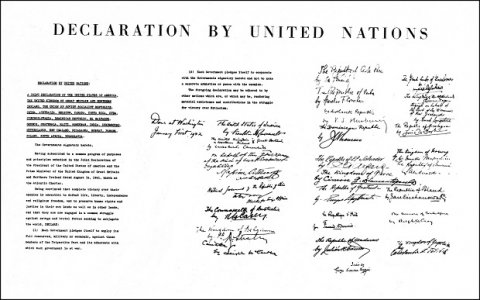
The British, Americans, Soviets, and Chinese signed the document on January 1 (note how these are 4 of the eventual 5 Permanent Security Council members). 22 other countries signed it over the next few days.
So the UN's hierarchy was baked in from the beginning.
So the UN's hierarchy was baked in from the beginning.
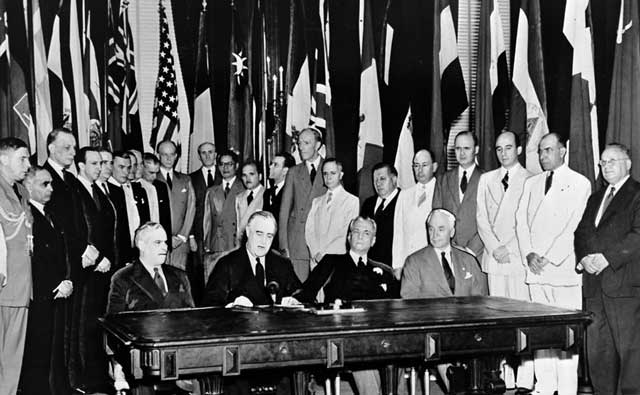
The timing of the UN Declaration should be unsurprising: less than a month after the Japanese attack on Pearl Harbor. 
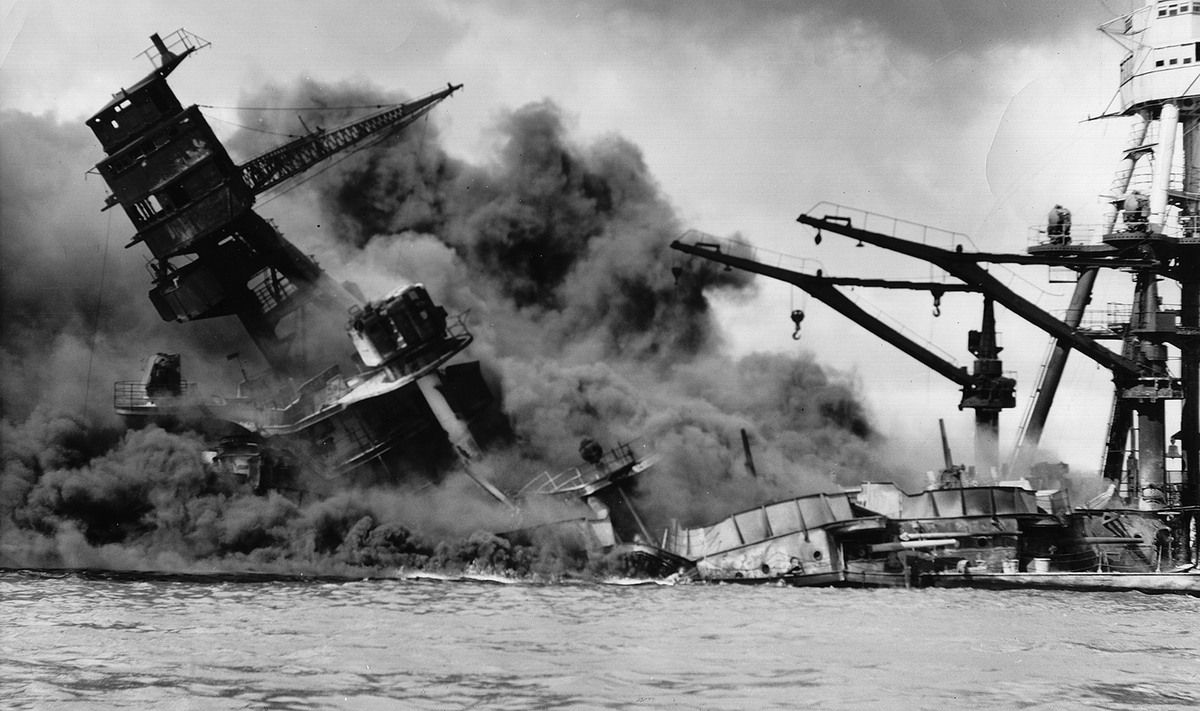
But a key reason that the Declaration could be signed so quickly is because it was simply an extension of an earlier document: the August 14, 1941 Atlantic Charter between 🇺🇸&🇬🇧 
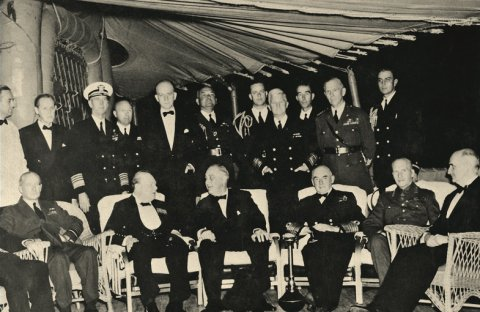
The Atlantic Charter outlined several principles to be achieved in the post-war world (e.g. economic collaboration; abandonment of use of force), but a key part was "the final destruction of the Nazi tyranny"
avalon.law.yale.edu/wwii/atlantic.…
avalon.law.yale.edu/wwii/atlantic.…
But the Atlantic Charter was the product of an even earlier document: "ABC-1" signed between the British and Americans in March 1941.
"ABC" simply stands for: "American-British Conversations"
"ABC" simply stands for: "American-British Conversations"
These negotiations took place from January 1941 to March 1941. They were prompted Churchill, in a December 1940 correspondence, bluntly laying out to Roosevelt the difficulties Britain faced as it alone faced Hitler in Europe. He wrote: 

The talks, lasting about 2 months, produced the sixty-seven page ABC-1 report. This report, which outlined such things as the "Germany first" strategy (i.e. defeat Germany before Japan), served as the basis for the much shorter Atlantic Charter and UN Declaration.
For the curious, the full report is reproduced in "Pearl Harbor Attack: Hearings Before the Joint Committee on the Investigation of the Pearl Harbor Attack, Congress of the United States" (1946)
books.google.com/books?id=zZMgA…
books.google.com/books?id=zZMgA…
I briefly recount the negotiations leading to the ABC report in my book "Arguing About Alliances"
amazon.com/Arguing-about-…
amazon.com/Arguing-about-…
So that is how the "United Nations" came about.
But why did all of the above lead to the creation of a permanent international organization after the war?
That is explored by @stephenwertheim in this fascinating @JContHist paper
journals.sagepub.com/doi/10.1177/00…
But why did all of the above lead to the creation of a permanent international organization after the war?
That is explored by @stephenwertheim in this fascinating @JContHist paper
journals.sagepub.com/doi/10.1177/00…
He correctly points out that while documents like the Atlantic Charter describe post-war principles, they did not actually call for a permanent IO.
Instead, a global IO could ease "buy in" at home and abroad to US post-war global leadership (or "dominance")
Instead, a global IO could ease "buy in" at home and abroad to US post-war global leadership (or "dominance")
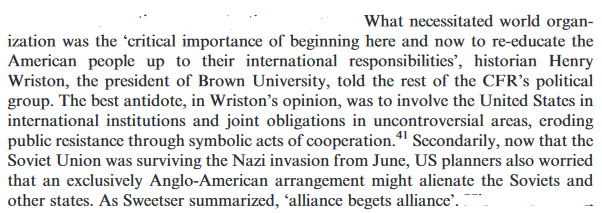
@stephenwertheim elaborates on the push for US post-war dominance, and the UN as an instrument for that dominance, in his new book "Tomorrow, the World"
amazon.com/Tomorrow-World…
amazon.com/Tomorrow-World…
Regardless of the motivation for creating the UN as an IO, the UN as an alliance was in place by 1942.
Wartime propaganda ensued!
Wartime propaganda ensued!
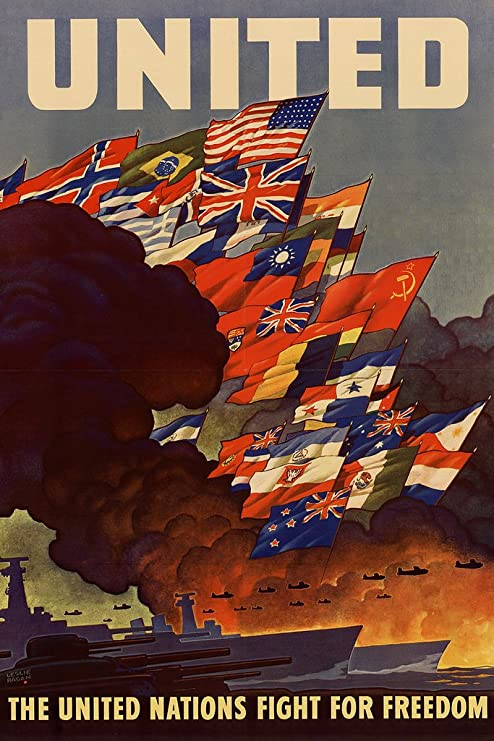
So I grudgingly declared "Happy Birthday" to the @UN on Oct 24, even though it's actual birthday is when we commonly say "Happy New Years" (Jan 1)!
[END]
[END]
• • •
Missing some Tweet in this thread? You can try to
force a refresh
